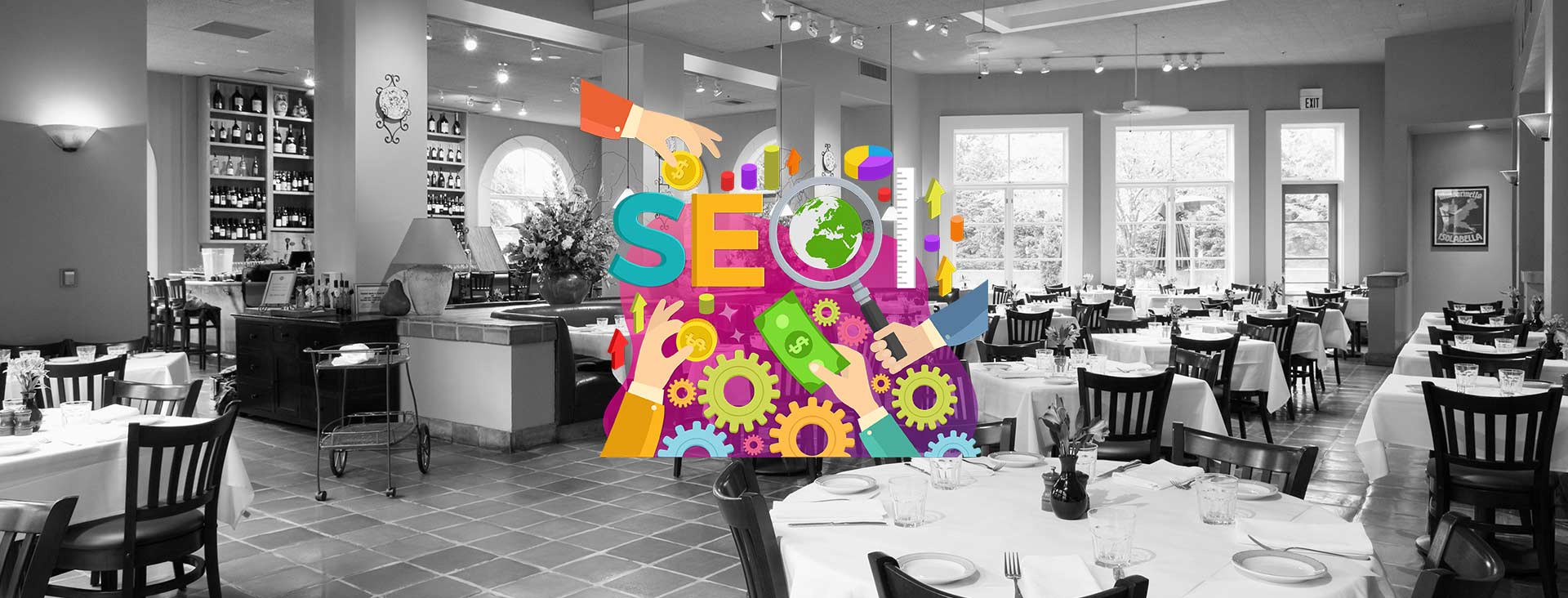Imagine this – you offer one of the best Italian meals in your area. While localities frequent your restaurant, not many know of it. Along comes a potential customer looking for some Italian food. But they drive right past your restaurant. Why? Because your restaurant didn’t appear in their Google search or social media accounts.
The importance of SEO for your restaurant’s web presence is paramount. That’s why you might want to reconsider implementing SEO best practices.
But What Is SEO?
Search Engine Optimization is a practice of streamlining a website so that it appears at the top in search engine rankings. If used right, SEO can bring more traffic to your website and help customers find your restaurant easily.
Compared to other methods of increasing traffic and footfall, SEO is cheap and easy to implement. It works well for small and big restaurants alike.
Why SEO Matters
How significant your online presence will be is a matter of SEO, business listings, paid advertisements, content creation, web design, and much more. While there are multiple ways to boost your restaurant’s search ranking, we’ll only talk about SEO today.
Why?
SEO is simple, powerful, and cost-effective. Want to boost your restaurant presence using SEO? Let’s get started.
Top SEO Tips to Improve Your Restaurant’s Search Rankings
Let’s take a look at 10 SEO best practices that you can implement to boost your restaurant website’s search ranking:
1. Create an SEO Strategy and Keyword Plan
This is the first step to an SEO makeover.
Why do you need an SEO strategy and keyword plan?
An SEO strategy is a plan of action that defines the steps you will take and the results you want to achieve through your SEO activities. It can help you define audiences, narrow competition, and define the geographic area you wish to appear in.
Having a strategy will also help you plan keywords better and impact your position in online ranking faster.
Keyword planning involves determining the keywords you want your restaurant to compete for. You can look up keywords the local audiences are searching using keyword research tools such as:
- SEMrush
- Moz Pro
- KWFinder
- Google Keyword Planner
- Ahrefs Keyword Explorer
- Google Trends and more
Know little to nothing about keyword research? Here’s a beginner’s guide to help you out! With little research, you too can find the best keyword practices for restaurants.
2. Build Your Social Presence
76% of readers are more likely to visit a business with an active online presence. One of the best ways to build our online presence is to open a social media account.
Platforms like Instagram can be a great option because of their visual content. You can post pictures of your restaurant, food, ambiance, and more to start with.
3. Optimize for Local Search Rankings
You don’t want to appear on a California restaurant listing when your restaurant is located in Texas, right?
Local SEO can help put your restaurant on the map where potential customers are looking. In fact, 88% of users who look up a local business on their smartphone visit the place within one day.
Here are some great ideas to improve your local SEO strategy:
- Check your address, name, and contact details online for consistency
- List your restaurant on Google My Business
- Optimize online directories
- Use locally relevant keywords
Note: Make sure to pin your restaurant’s location on the map when making a My Business listing on Google.
4. Ask For Reviews and Testimonials
Did you know that 90% of consumers read online reviews before they visit a business? 92% prefer checking out local businesses if they have a 4-star rating.
Reviews help make your website appear authentic to customers and also Google. Both the factors help in increasing your click-through rate (CTR). So, if you haven’t already created your testimonial page, start now. You may also want to ask your customers to leave reviews on food review sites where your restaurant is listed.
Want to use customer reviews for more SEO juice? Start responding to reviews with personalized messages.
5. Create Engaging Content
Good content is informative, engaging, and useful. It should reflect your brand values through blog articles, social media posts, videos, and more. Content with images and videos has one of the highest engagement rates. It also allows you to break the ice and interact with your customers.
If you don’t have a blog or social media account, then start by creating one and get posting!
Here are a few ideas to help you get started. You can also check social accounts and content created by competitors to get inspired.
6. Structured Data Or Schema Markup
Structured data is exactly what it sounds like – a universalized format that categorizes data about a page. It helps search engines understand, classify, and match content on a website with relevant search queries.
Here’s a quick beginner’s guide to help you get started on structured data.
7. Set Up SSL Certificates
SSL certificates assure users and Google that your website is verified and secure. Installing an SSL certificate on your site can boost your rank on search engines.
8. High-Quality Link Building
Guest posting, social media mentions, backlinking, and press releases all help boost your authenticity online. More link juice increases your trustworthiness with consumers and also helps your ranking on Google search.
Note that it is important to only link to quality websites and pages. Linking to poor quality or unsafe web pages could negatively affect your SEO ranking.
Here are all the basics you need to know about using link juice or link equity for your restaurant’s online ranking.
9. Optimize On-Page SEO
On-Page SEO involves optimizing the content on your website for search engines. It includes high-ranking keywords, titles, tags, images, links, etc.
These factors can directly increase your click-through rate, conversion rate, and influence your ranking in the SERPs (Search Engine Results Page).
10.Optimize for Mobile Devices and Load Time
Around 72% of Google searches related to the food and beverage industry are done on mobile.
Upto 75% of consumers will judge a company’s credibility based on the company’s website design.
53% of mobile users will close and leave sites that take more than 3 seconds to load.
These stats should tell you how essential website optimization for mobile is. Want to check how mobile-friendly your restaurant’s website is?
Take this Google Mobile-Friendly Test to know for sure.
Boosting Your Digital Presence Can Make A Big Difference
As important as it is to put these strategies to practice, it is equally important to measure how they are working. So, go ahead and build your SEO strategy, put it into practice, and see the results!
That’s all about the SEO boosting strategies that can help put your restaurant at the top of your customers’ search. Write to us about the strategies that you’ve tried, tested, and loved!




